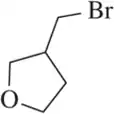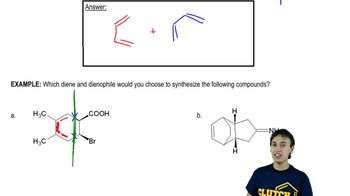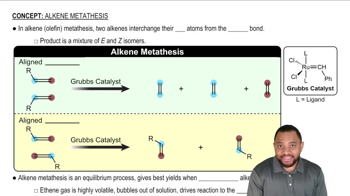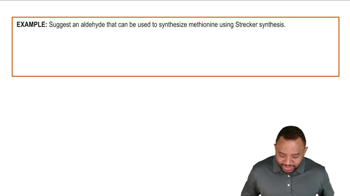What alkyl halide will be obtained in greatest yield? Ignore stereoisomers.
f.


 Verified step by step guidance
Verified step by step guidance Verified video answer for a similar problem:
Verified video answer for a similar problem:



 1:18m
1:18mMaster Overview of Hydrohalogention. with a bite sized video explanation from Johnny
Start learning